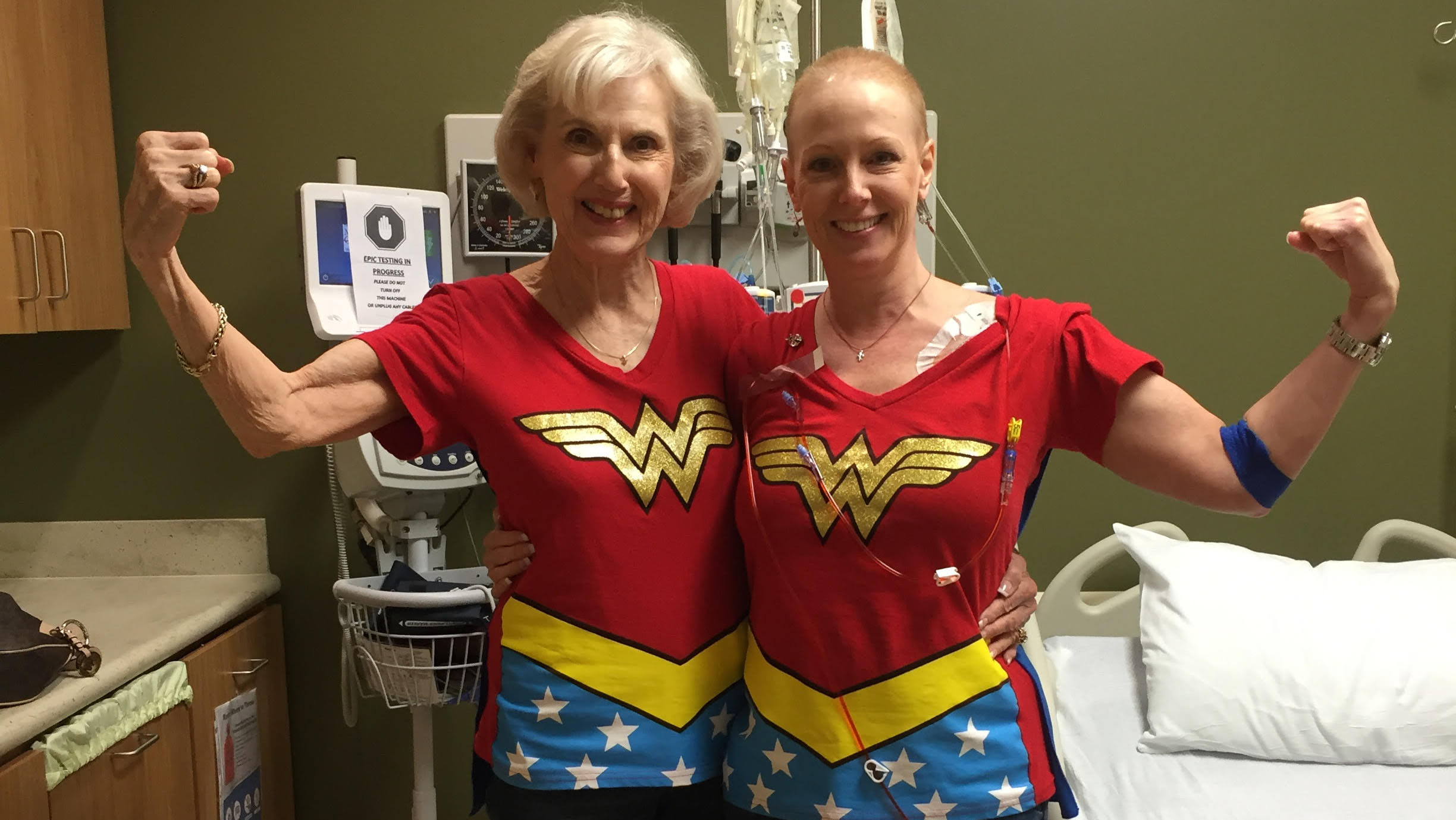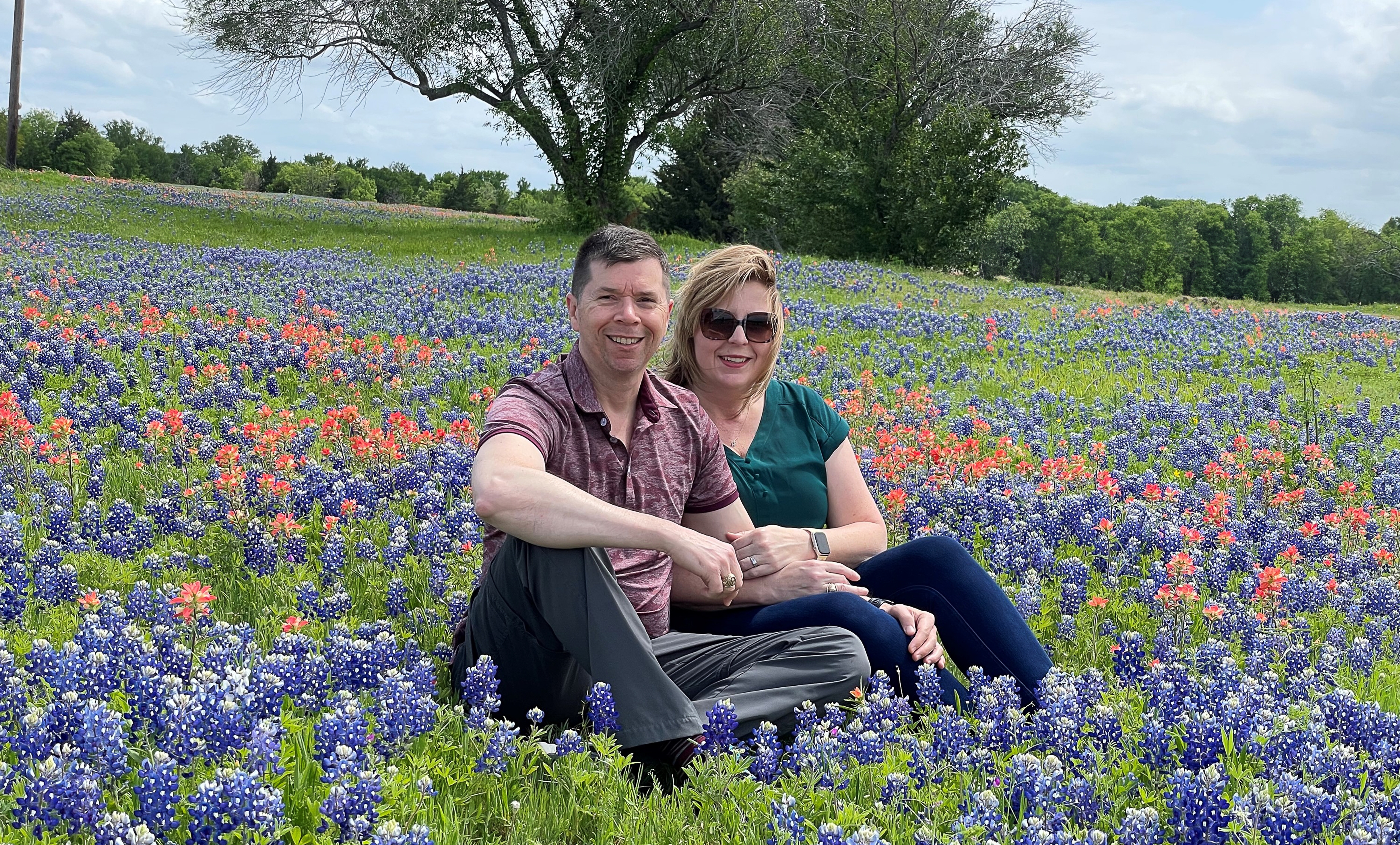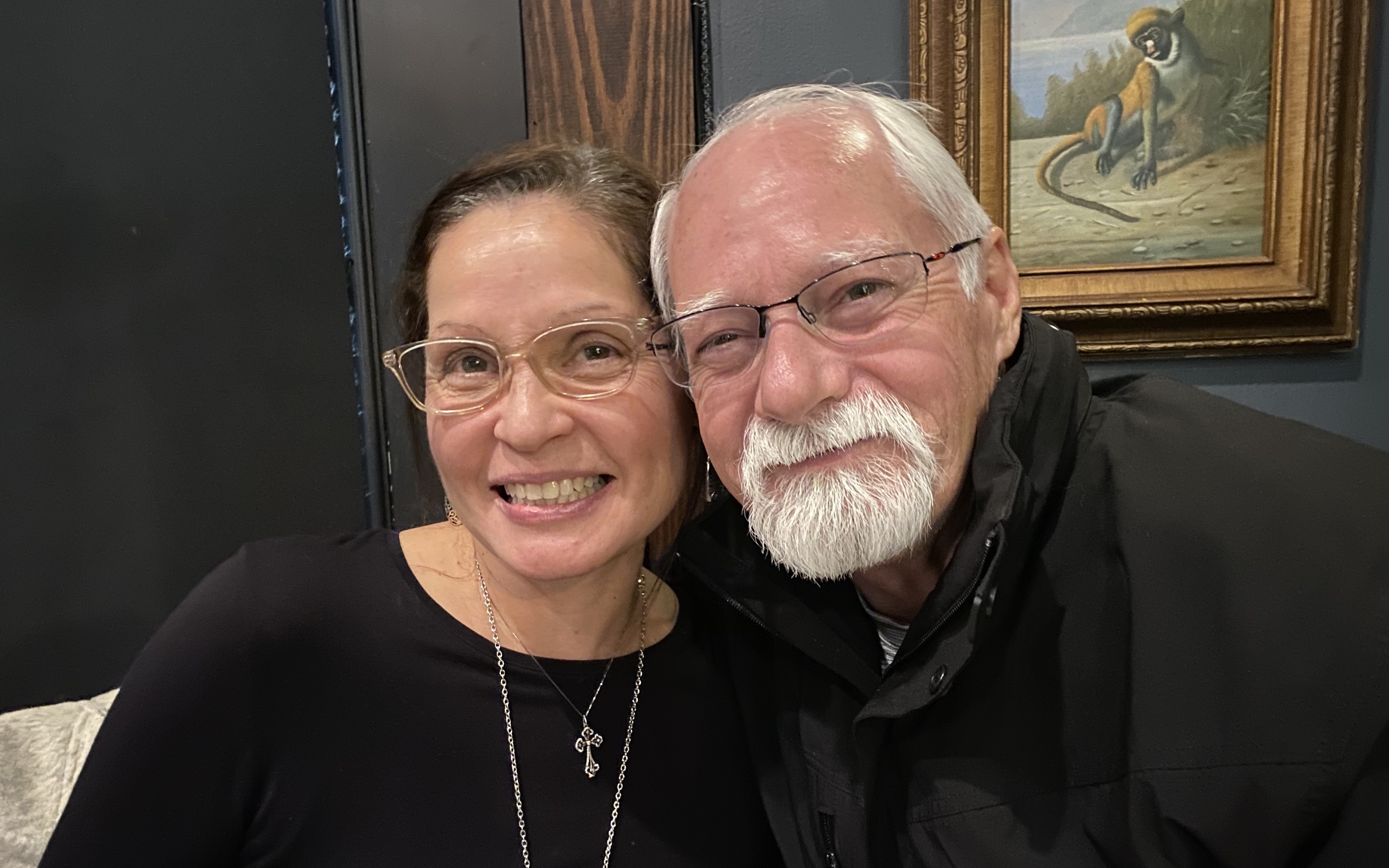- Diseases
- Acoustic Neuroma (14)
- Adrenal Gland Tumor (24)
- Anal Cancer (68)
- Anemia (2)
- Appendix Cancer (16)
- Bile Duct Cancer (26)
- Bladder Cancer (72)
- Brain Metastases (28)
- Brain Tumor (232)
- Breast Cancer (714)
- Breast Implant-Associated Anaplastic Large Cell Lymphoma (2)
- Cancer of Unknown Primary (4)
- Carcinoid Tumor (8)
- Cervical Cancer (160)
- Colon Cancer (166)
- Colorectal Cancer (118)
- Endocrine Tumor (4)
- Esophageal Cancer (44)
- Eye Cancer (36)
- Fallopian Tube Cancer (8)
- Germ Cell Tumor (4)
- Gestational Trophoblastic Disease (2)
- Head and Neck Cancer (12)
- Kidney Cancer (128)
- Leukemia (342)
- Liver Cancer (50)
- Lung Cancer (286)
- Lymphoma (278)
- Mesothelioma (14)
- Metastasis (30)
- Multiple Myeloma (100)
- Myelodysplastic Syndrome (60)
- Myeloproliferative Neoplasm (6)
- Neuroendocrine Tumors (16)
- Oral Cancer (100)
- Ovarian Cancer (172)
- Pancreatic Cancer (160)
- Parathyroid Disease (2)
- Penile Cancer (14)
- Pituitary Tumor (6)
- Prostate Cancer (146)
- Rectal Cancer (58)
- Renal Medullary Carcinoma (6)
- Salivary Gland Cancer (14)
- Sarcoma (238)
- Skin Cancer (296)
- Skull Base Tumors (56)
- Spinal Tumor (12)
- Stomach Cancer (64)
- Testicular Cancer (28)
- Throat Cancer (92)
- Thymoma (6)
- Thyroid Cancer (98)
- Tonsil Cancer (30)
- Uterine Cancer (82)
- Vaginal Cancer (18)
- Vulvar Cancer (20)
- Cancer Topic
- Adolescent and Young Adult Cancer Issues (20)
- Advance Care Planning (10)
- Biostatistics (2)
- Blood Donation (18)
- Bone Health (8)
- COVID-19 (362)
- Cancer Recurrence (120)
- Childhood Cancer Issues (120)
- Clinical Trials (632)
- Complementary Integrative Medicine (22)
- Cytogenetics (2)
- DNA Methylation (4)
- Diagnosis (232)
- Epigenetics (6)
- Fertility (62)
- Follow-up Guidelines (2)
- Health Disparities (14)
- Hereditary Cancer Syndromes (126)
- Immunology (18)
- Li-Fraumeni Syndrome (8)
- Mental Health (116)
- Molecular Diagnostics (8)
- Pain Management (62)
- Palliative Care (8)
- Pathology (10)
- Physical Therapy (18)
- Pregnancy (18)
- Prevention (920)
- Research (392)
- Second Opinion (74)
- Sexuality (16)
- Side Effects (606)
- Sleep Disorders (10)
- Stem Cell Transplantation Cellular Therapy (216)
- Support (402)
- Survivorship (322)
- Symptoms (182)
- Treatment (1786)
Celebrating life during Survivorship Week and year-round
BY Katie Brooks
3 minute read | Published June 03, 2016
Medically Reviewed | Last reviewed by an MD Anderson Cancer Center medical professional on June 03, 2016
During Survivorship Week, June 5-11, MD Anderson is hosting entertainment and educational activities to honor those who are living with cancer, through cancer and beyond cancer.
While we plan fun activities in honor of Survivorship Week each June, it’s important to celebrate life all year. Whether you’re celebrating the little victories or spending more time with family and friends doing things that make you happy, there are ways to make each day special.
Here’s what helps some of our patients and caregivers live life to the fullest each day.
“Live big and love big. Look for the joys amongst the sadness. While caring for my terminally ill daughter Caroline, I watched how she pushed through each day with such determination, zest for life and love for God. Little did I realize at the time, she was preparing me for a life without her. Caroline’s fighting spirit, limitless kindness, passion for making others happy and immense love for life carries me though each day on this earth until we are reunited.” --Lauren Richards, caregiver
“Do something active that you couldn't do during treatment. Celebrate being able to do these things again. It puts a smile on my face every time I go sailing or hiking. I also like spending time visiting others who are going through cancer treatment. Show up with a basket of goods -- tea, lotion, a soft blanket, a funny book, a playlist or CD of relaxing music -- that might help them feel better physically or emotionally. It may be as simple as just offering a listening ear. Remember what helped you and pay it forward.” --Ivanna Kern, survivor
“Having a positive attitude makes such a huge difference. My doctors, care team and family all helped me stay positive during my treatment, and that’s something I continue today. I’m grateful for each day. I’m thankful I’m alive and that I got to walk both of my daughters down the aisle and now I’m very thankful to spend time with my two wonderful grandchildren.” --Gary Bentz, survivor
“I decided early on to make the best of a bad situation. After I was diagnosed, I started a blog that helped keep all my friends and family informed and was an emotional outlet. I decided that I would use my recovery period to learn how to knit, crochet, bake bread and cook. Now I am finishing my graduate degree. Having all of these projects helped keep my mind moving forward so I wouldn’t dwell on the negatives.” --Elle Crofton, survivor
“I focus on mindfulness, or living in the present moment, making peace with my imperfections, embracing my vulnerability, and being grateful for the moments I have. Mindfulness spreads an inside joy smile even on those days I feel like I am too weak to be happy. It ensures I celebrate life every day with those I love and myself.” --Bill Baun, survivor
“We must live life to the fullest for our loved ones who have gone before us. I see the joy in my granddaughter's eyes and wish my late husband Tom could see her. But he does. He has a better view than the rest of us.” --Judy Overton, caregiver
How do you celebrate each day? Tell us on our Facebook page.
Learn more about events happening during Survivorship Week.
Related Cancerwise Stories

Live big and love big.
Lauren Richards
Caregiver





